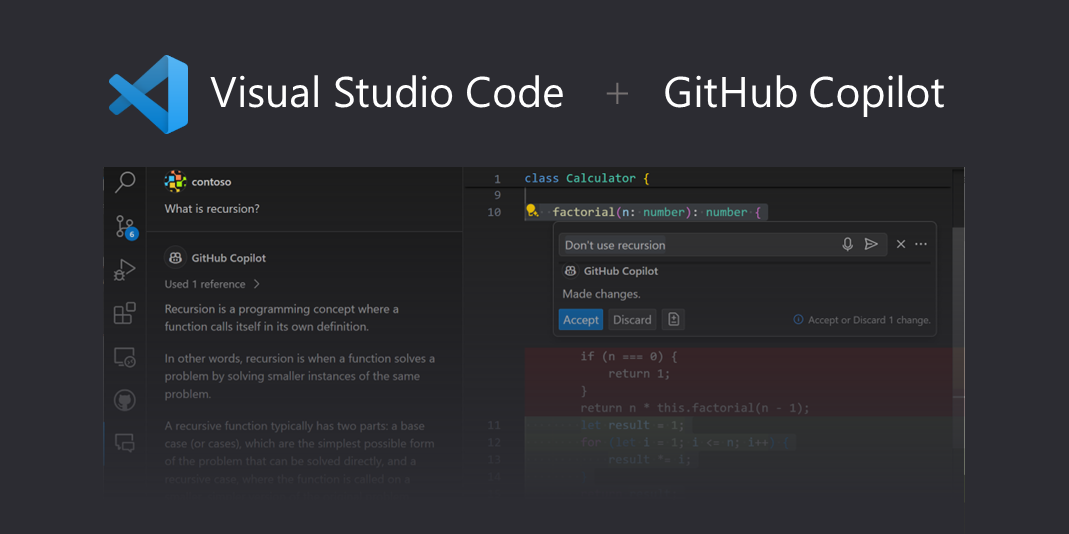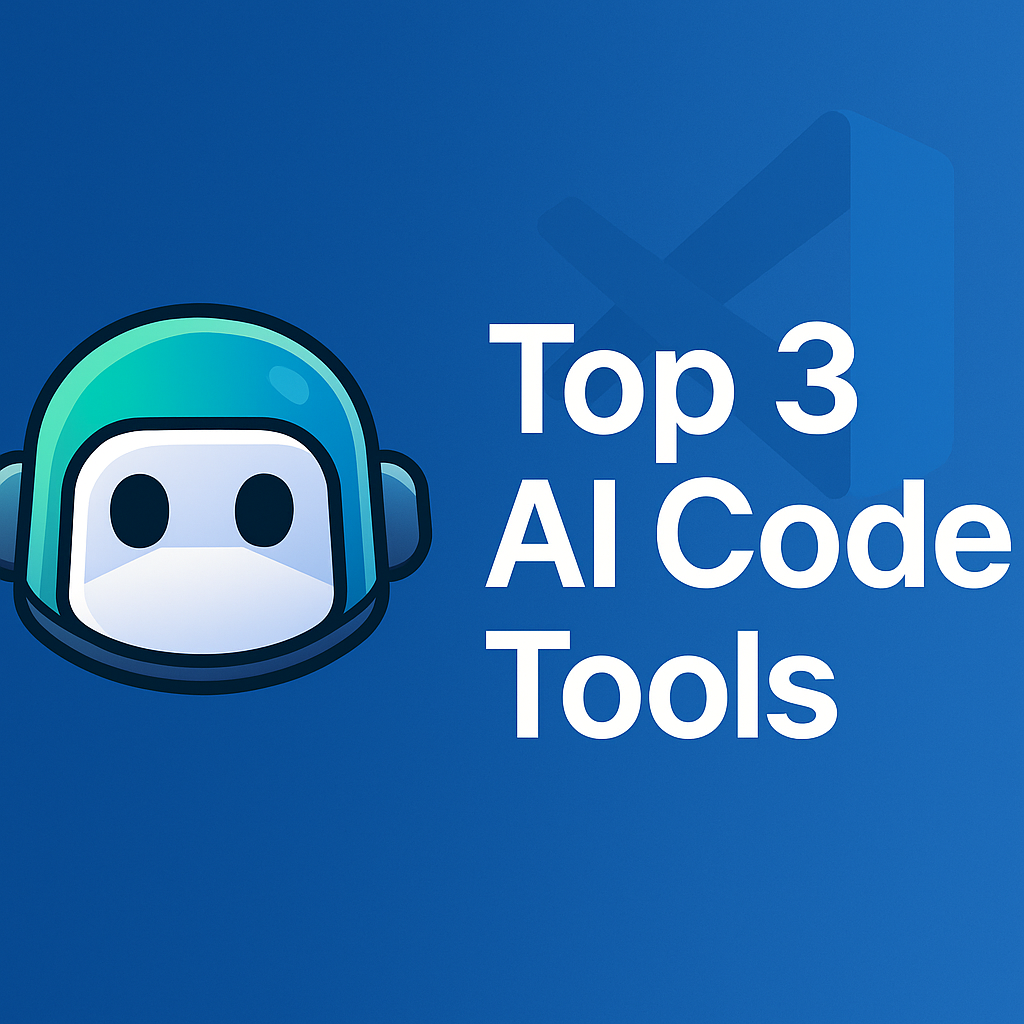In 2025, AI-powered coding assistants are transforming how developers write, test, and manage code. Whether you’re a solo developer or part of a large engineering team, using the right AI tools can significantly boost your productivity and reduce time spent on repetitive or complex tasks.
Below are the top three AI code assistants dominating the landscape this year, based on their features, adoption, and relevance to modern workflows.
1. GitHub Copilot
Overview:
GitHub Copilot, developed by GitHub in collaboration with OpenAI, is one of the most widely adopted AI tools for developers. Built directly into code editors like Visual Studio Code, JetBrains, and Neovim, it helps generate code snippets, functions, and even entire logic blocks based on natural language prompts or comments.
Key Features:
- Autocomplete suggestions tailored to project context
- Built-in chat support via GitHub Copilot Chat (GPT-4-based)
- Supports over a dozen programming languages
- Reduces boilerplate coding and documentation overhead
Use Case:
Ideal for individual developers looking to speed up prototyping, writing test cases, or learning unfamiliar syntax quickly.
Productivity Impact:
GitHub reports that users complete tasks 30–50% faster using Copilot compared to manual workflows.
2. Cursor (AI-Powered IDE)
Overview:
Cursor is a fully AI-native development environment forked from VS Code. It’s not just an assistant but an end-to-end development agent. Cursor stands out with its deep contextual understanding of large codebases and its ability to execute multi-step changes without constant human intervention.
Key Features:
- Agentic workflows for tasks like bug fixing or code migration
- Native support for smart refactoring and code rewriting
- Memory-aware: remembers file structure and dependencies
- Built-in support for custom model APIs like GPT-4 or Claude
Use Case:
Perfect for teams or individuals managing legacy systems or modular projects where clean refactoring and intelligent context retention are crucial.
Market Note:
Cursor has raised $900 million and is currently valued at over $9 billion, reflecting strong trust in its long-term value.
3. Qodo (formerly Codium)
Overview:
Qodo focuses less on code generation and more on code quality. This makes it a popular choice among QA engineers and dev teams concerned with long-term maintainability. It automates unit test creation, reviews pull requests, and documents code on the fly.
Key Features:
- AI-generated unit and integration tests
- Inline code suggestions focused on quality and maintainability
- CI/CD pipeline integration
- Multi-framework support (JavaScript, Python, Go, etc.)
Use Case:
Best suited for teams prioritizing rigorous code review, automated testing, and documentation—especially in production environments.
Adoption:
Qodo has over 460,000 installs and is rapidly gaining popularity among enterprise clients.
Final Thoughts
These tools are more than just helpers—they’re reshaping how modern software is built. Whether you’re coding solo or managing complex projects, choosing the right assistant depends on your workflow needs:
- For fast prototyping: GitHub Copilot
- For large-scale refactoring: Cursor
- For clean, testable code: Qodo
As AI continues to evolve, staying updated with these tools will give you a crucial edge in the ever-changing world of software development.



